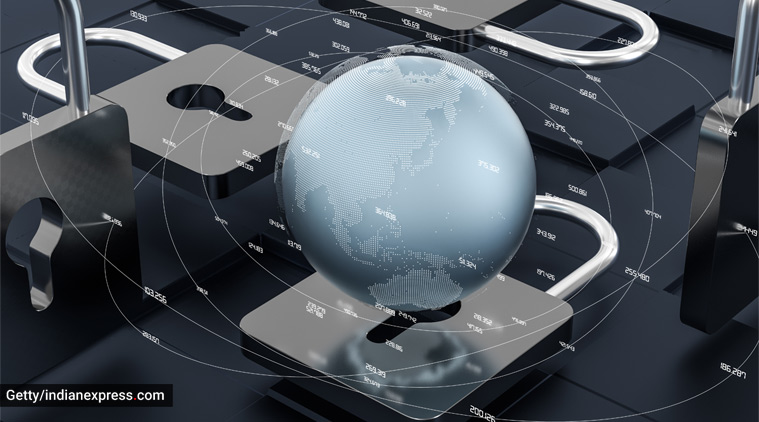 World Password Day 2020: 9 tips from to keep your passwords strong and hackers away (Image source: Getty)
World Password Day 2020: 9 tips from to keep your passwords strong and hackers away (Image source: Getty)
It’s World Password Day today and that brings us to discuss how you can create a strong password so hackers can’t crack and steal all your personal data. Incidents of hacking and cybercrime are rising with every passing day and it’s extremely worrying given all of us are always on the internet. The word that you must know on this World Password Say 2020 is ‘Layer Up’.
What does ‘Layer Up’ mean? The term basically means adding another layer of security to your passwords. You can add a 2FA layer or a dynamic IP layer on top of your password to make it much more secure. However, the first thing that you need to do is have a strong password. Some people have the tendency to have their name, boyfriend’s name, parents name, in fact, pet names some times as their password. That’s clearly not the way a password should be given how easy they are to guess.
A password should be a mix of very many special characters, for example: Bp}H;eF:{*@y(D2I8?2d|G~yf8`8. Read on for some tips.
Tips from us to keep passwords safe and secure
*We know Bp}H;eF:{*@y(D2I8?2d|G~yf8`8 is a very difficult password for most to remember, but it is much harder to crack. You can always get a password manager to keep all your passwords safe, like LastPass, 1Password, Bitwarden, and others. However, the generating part is where you need to put in a little work. If your password is “janeiloveyou” then it will take a hacker around 10 minutes to run an SQL injection and attempt a brute force hack. Brute forcing “Bp}H;eF:{*@y(D2I8?2d|G~yf8`8” will take hours, and in fact, there is no guarantee that the password will be cracked successfully.
*A strong password should be a combination of characters such as commas, per cent signs, parentheses, upper-case letters, lower-case letters and numbers.
* Make your password as long as possible, to make it extremely tedious for a brute force attacker to crack your password. (Note, passwords of around three letters take less than a second to crack)
* Do not use a word that would be in the dictionary or letters that are sequential on a keyboard. If your passphrase does not make any sense then it harder to crack.
* First write up a random passphrase and then going letter by letter keep adding either a upper-case letter, a number or a symbol.
* Do not use obvious details like your name, date of birth, place where you live in the password. All of that can easily be discovered online.
*To keep your online identity safe and secure, you need to keep changing your passwords at regular intervals. And never use the same password ever again.
*Enable two-factor authentication. This will help you even if your password gets compromised. As the hacker would require the OTP that you will receive on your smartphone.
*Do not keep one password for all your accounts, as it will become the master key to your life, which if lost, will have serious consequences.
Tips from an expert to keep passwords safe and secure
Satyajit Sinha, a researcher at Counterpoint Research told indianexpress.com, “Keeping aside device security, passwords are the final key to your data. 1234 is not a password.” He explained that apart from applying different types of combinations of characters and numbers, it’s important to make different passwords for different applications, accounts, and devices. This reason being people using the same password for everything. “The objective of passwords is to authenticate and authorize the user. However, we have almost replaced the passwords with biometrics and facial recognition technologies which bears some privacy issues but still an effective way to secure the account or devices,” he added.